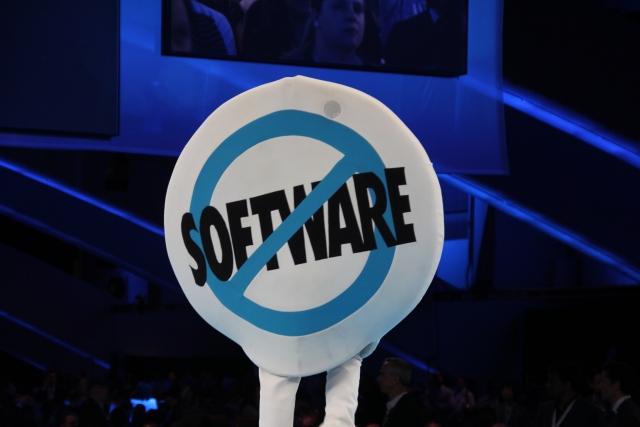Last week we looked at the way we organise information is changing in the face of exploding data volumes.
One of the consequences of the data explosion is that structured databases are beginning to struggle as information sources and business needs are becoming more diverse.
Yesterday, cloud Customer Relationship Management company Salesforce announced their Wave analytics product which the company says “with its schema-free architecture, data no longer has to be pre-sorted or organized in some narrowly defined manner before it can be analyzed.”
The end of the database era
Salesforce’s move is interesting for a company whose success has been based upon structured databases to run its CRM and other services.
What the company’s move could be interpreted that the age of the database is over; that organising data is a fool’s errand as it becomes harder to sort and categorise the information pouring into businesses.
This was the theme at the previous week’s Splunk conference in Las Vegas where the company’s CTO, Todd Papaioannou, told Decoding The New Economy how the world is moving away from structured databases.
“We’re going through a sea change in the analytics space,” Papaioannou said. “What characterised the last thirty years was what I call the ‘schema write’ era; big databases that have a schema where you have to load the data into that schema then transform before you can ask questions of it.”
Breaking the structure
The key with programs like Salesforce and other database driven products like SAP and Oracle is that both the data structures — the schema — and the questions are largely pre-configured. With the unstructured model it’s Google-like queries on the stored data that matters.
For companies like Salesforce this means a fundamental change to their underlying product and possibly their business models as well.
It may well be that Salesforce, a company that defined itself by the ‘No Software’ slogan is now being challenged by the No Database era.
Paul travelled to San Francisco and Las Vegas as a guest of Salesforce and Splunk respectively

